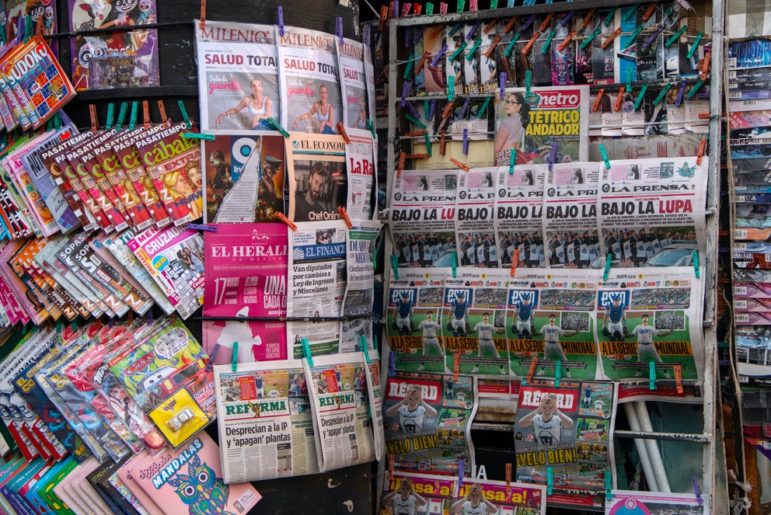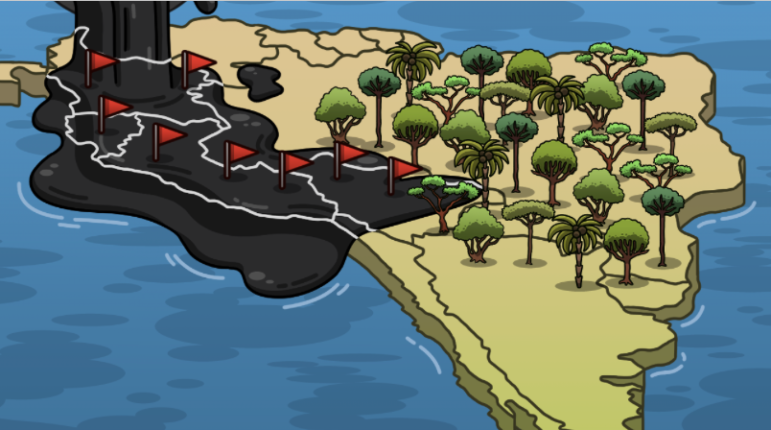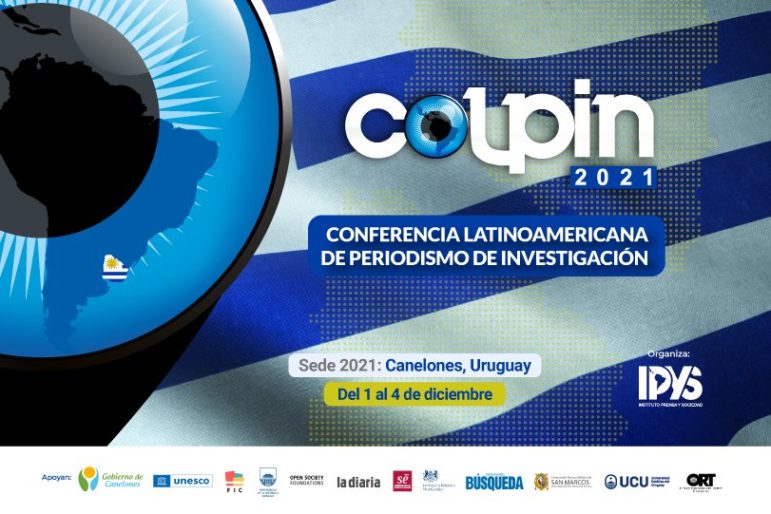
Methodology News & Analysis
Why This Colombian Investigative Reporter Had to Wait Over a Decade to Tell a Story
Ginna Morelo put part of her investigation into Colombian paramilitaries on hold for 13 years to protect her family and sources. She tells how she decided it was finally time to publish.









